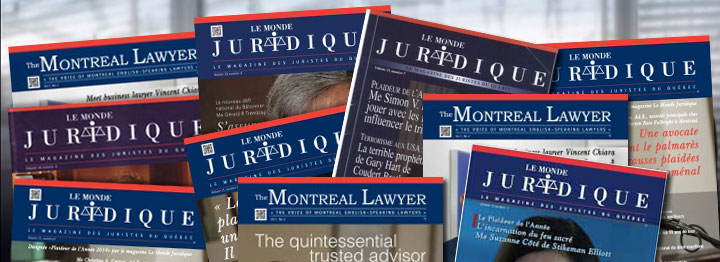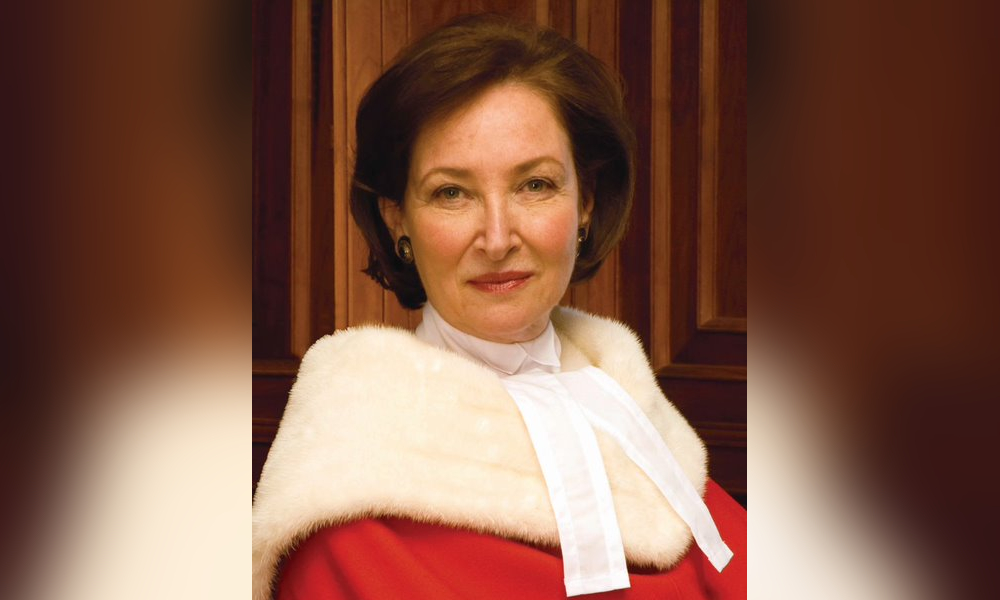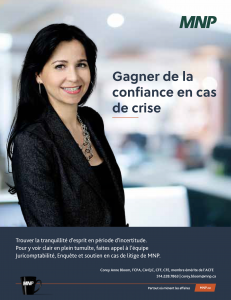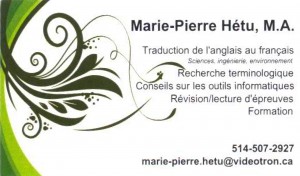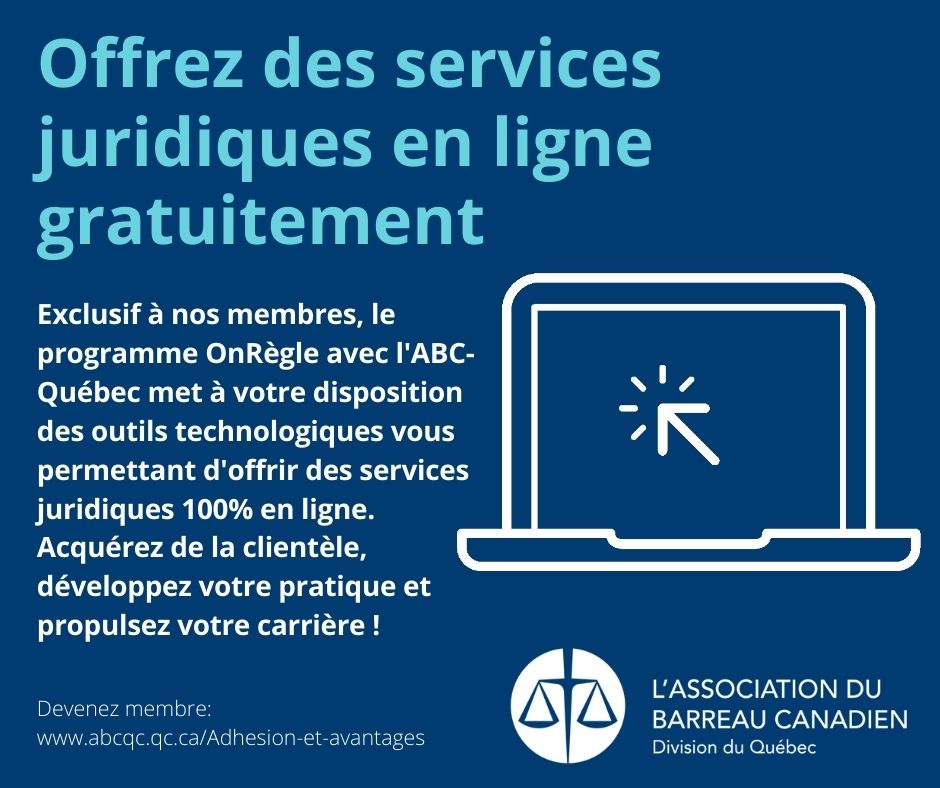Harvard Law School announced today the appointment of Canadian Supreme Court Justice Rosalie Silberman Abella as the Samuel LL.M. ’55 S.J.D. ’59 and Judith Pisar Visiting Professor of Law effective July 1, 2022. Justice Abella will serve an initial three-year term that will run until 2025. She is the first Canadian jurist to be appointed to a Chair at Harvard Law School.
Justice Abella, who was appointed to the Supreme Court of Canada in 2004, has made groundbreaking contributions to the law in her 50-year career, including in human rights, constitutional law, law reform, labor rights, family law, international law, administrative law, and judicial education. Justice Abella, who will retire from the Supreme Court of Canada this year, is also the longest-serving judge in Canada’s history.
“Justice Abella is a brilliant, principled, and impactful jurist who also has had a storied career of public service off the Court, including her transformative work defining equality rights in employment,” said John F. Manning ’85, the Morgan and Helen Chu Dean and Professor of Law at Harvard Law School. “She will bring extensive experience, knowledge, wisdom, and commitment to equal justice to the classroom and to her engagement with the entire HLS community.”
At Harvard Law School, Justice Abella will lead a variety of workshops, seminars, and reading groups on subjects such as comparative law, human rights, and the role of judges in a democracy. She will also engage with the HLS community extensively during her time on campus.
“Justice Abella is esteemed by jurists around the world for her many contributions to law and justice, including her intellectual leadership in advancing equality. She is completely brilliant, both in her writing and in her teaching,” said Vicki C. Jackson, the Laurence H. Tribe Professor of Constitutional Law at HLS. “She is also energetic, empathetic, and approachable, making connections with students very quickly. She is a marvelous person, and her presence will greatly enrich the Harvard community.”
Justice Abella was appointed to the Ontario Family Court in 1976. Since then, Justice Abella has served as Chair of the Ontario Labour Relations Board, as Chair of the Ontario Law Reform Commission, and on the Ontario Human Rights Commission. She was appointed to the Ontario Court of Appeal in 1992, and was selected by Prime Minister Paul Martin to serve on the Supreme Court of Canada in 2004.
“Justice Abella is a visionary jurist, a profound and humane thinker, and a vibrant, generous human being,” said Martha Minow, 300th Anniversary University Professor at Harvard University. “There is no greater living contributor to human rights and international justice. How fabulous it is that she is joining the Harvard community.”
In her decision-making, Justice Abella has embraced consideration of international law, and her legal theories have advanced rights for women, underrepresented groups, and people with disabilities, as well as democratic values such as due process, freedom of the press, and the right of association.
“A part of what makes Justice Abella a special figure among jurists of our times is her career’s embodiment of the idea of the indivisibility of fidelity to her country’s law from universalist humanitarian aspiration,” said Frank I. Michelman, the Robert Walmsley University Professor, Emeritus, at Harvard University. “That shows all over her work, but one example is Justice Abella’s key contributions to her court’s development, over the years, of a world-renowned, legally refined, reality-based progressive jurisprudence of constitutional-legal equality.”
In 1984, Justice Abella presided over the Royal Commission on Equality in Employment, which sought to promote employment opportunities for women, native peoples, people with disabilities, and “visible minorities.” Her report recommended important federal measures designed to address inequality in the workplace—whether that discrimination was intentional or the result of systemic factors. Her ideas were embraced by the Supreme Court of Canada in 1989 in its first decision on equality rights under the Canadian Charter of Rights and Freedoms, and by advocates around the world.
“Early in her career, she invented the concept of ‘employment equity,’ meaning ‘employment practices designed to eliminate discriminatory barriers and to provide in a meaningful way equitable opportunities in employment,’” said Minow. “This idea in turn transformed jurisprudence governing equality rights in the Supreme Court of Canada; it has influenced laws and policies in New Zealand, Northern Ireland, and South Africa—and informs ongoing advocacy in the United States.”
Justice Abella’s parents were Holocaust survivors, and she was born in a displaced persons camp in Stuttgart, Germany. Her family came to Canada as refugees in 1950. After graduating from the Royal Conservatory of Music, Justice Abella attended the University of Toronto, where she earned a B.A. in 1967 and an LL.B. in 1970. Justice Abella has also served as the Mackenzie King Distinguished Visiting Professor at Harvard’s Weatherhead Center for International Affairs, the Floersheimer Distinguished Jurist in Residence at Cardozo Law School, and as a Distinguished Visiting Faculty at the University of Toronto Law School, among other teaching positions.
The Samuel LL.M. ’55 S.J.D. ’59 and Judith Pisar Professorship of Law was established in 2017 by the family of the late Samuel Pisar LL.M. ’55 S.J.D. ’59, a renowned international attorney, presidential adviser, and Holocaust survivor. The Pisar Professorship focuses on human rights and related areas.
“Justice Abella’s work reflects the Pisar family’s abiding commitment to building a more just and equitable world,” said Dean Manning. “I am delighted to welcome this historic jurist to our community.”


